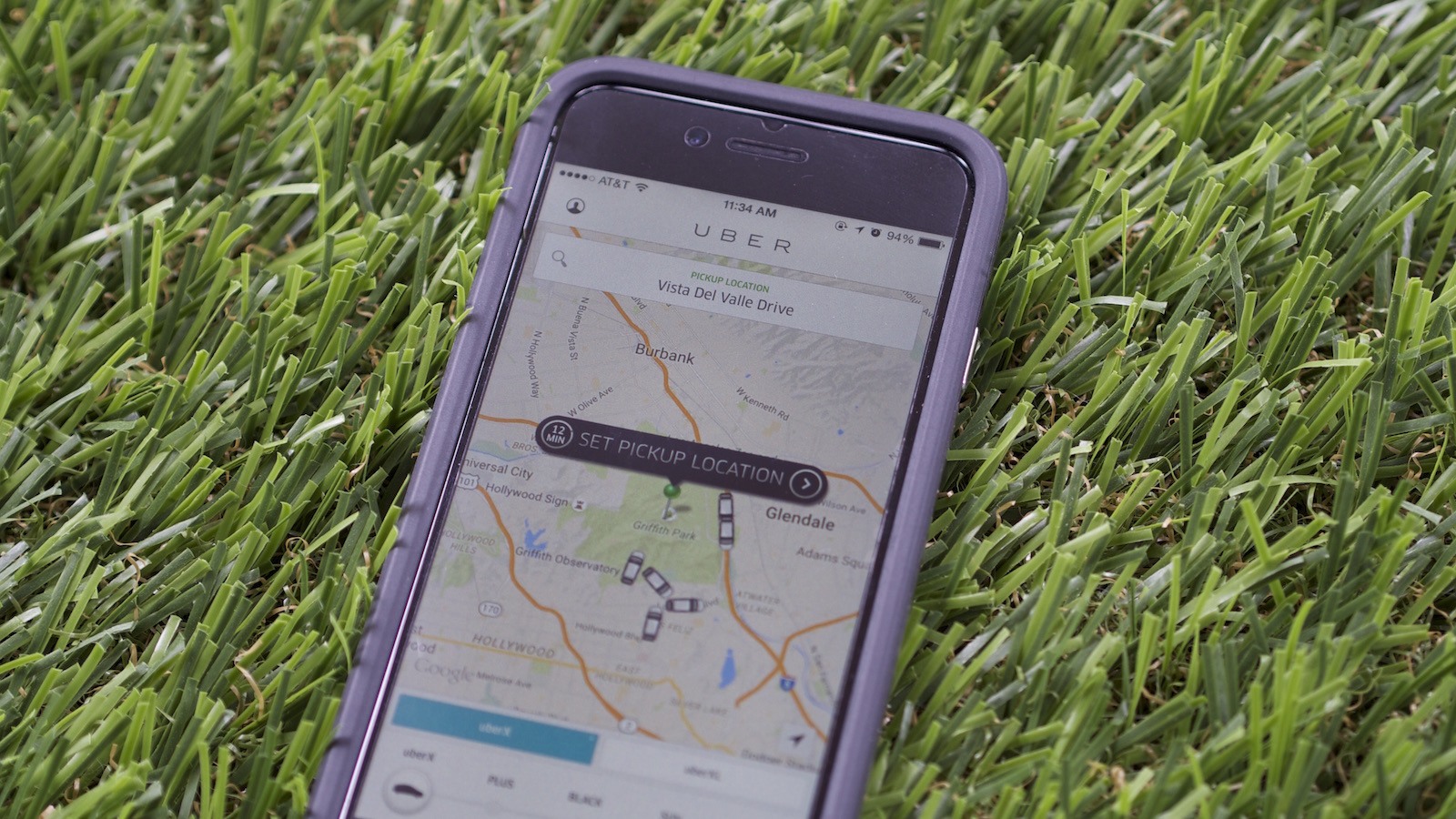You're more likely to pay Uber's surge prices on a low battery
Getting home before your phone dies

Sign up for breaking news, reviews, opinion, top tech deals, and more.
You are now subscribed
Your newsletter sign-up was successful
You're more likely to accept Uber's higher surge pricing if your phone's low on battery, the taxi app's Keith Chen has revealed in a podcast. Maybe it's something to do with the sense of panic that hits you when your phone's about to die.
The higher pricing levels kick in when demand is high: it gets more drivers out on the roads and means the extra demand can be met. Turns out it also reveals some interesting things about the psychology of Uber users too.
Uber monitors your phone's battery level so it knows when to activate low power mode, but it won't take advantage of your plight. "We absolutely don't use that to kind of like push you a higher surge price, but it's an interesting kind of psychological fact of human behaviour," said Chen.
Taxi for Uber
We're also more likely to pay higher rates when surge pricing levels are at 2.1x rather than 2.0x - it's all to do with the way round numbers give off an impression of imprecision or carelessness, apparently.
Although it's main goal is disrupting the taxi industry, Uber has plenty of other irons in the fire: we know the company is working on self-driving car tech, just like Google, and there have been plenty of rumours about it spreading out into the delivery market too.
If you're a regular Uber user then it may feel like the taxi-hailing outfit is set to take on the world, but it's not made as much of an impact on the lives of the population at large as you might think - a new survey published this week says that just 15 percent of people in the US have used an app like Uber to get a cab.
- Would you order a helicopter from Uber?
The TechRadar team puts in-car Wi-Fi to the test:
Sign up for breaking news, reviews, opinion, top tech deals, and more.

Dave is a freelance tech journalist who has been writing about gadgets, apps and the web for more than two decades. Based out of Stockport, England, on TechRadar you'll find him covering news, features and reviews, particularly for phones, tablets and wearables. Working to ensure our breaking news coverage is the best in the business over weekends, David also has bylines at Gizmodo, T3, PopSci and a few other places besides, as well as being many years editing the likes of PC Explorer and The Hardware Handbook.